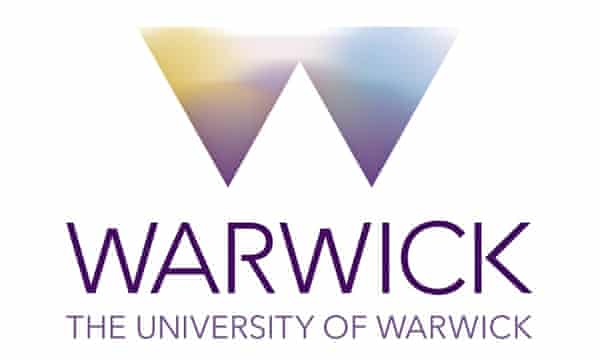University of Warwick: Researchers, practitioners, and experts by experience work together to help improve regulation
The Quality of Life tool has been created to review service quality from the perspective of people using services, in particular those who may be experiencing emotional distress.
The Framework, from which the tool has been developed, was an important first step in setting out an improved approach for evaluating the quality and effectiveness of service provision, from the perspective of people using services.
CQC has been piloting the Quality of Life tool in order to address recommendations from independent reviewer Professor Glynis Murphy’s first report into the regulation of Whorlton Hall; and recommendations in CQC’s restrictive practices review, Out of sight – who cares?
Dr Louise Denne, Senior Research Fellow at the University of Warwick’s Centre for Educational Development, Appraisal and Research (CEDAR) said: “Working with the team from CQC to develop the Quality of Life draft framework and tool is an excellent example of the value of collaboration between the academic community and practitioners in applied settings.
“Working together in this way increases the likelihood of resources being accepted amongst the stakeholders for whom they are being produced; as well as assuring interested stakeholders outside of the commissioning organisation (such as people with a learning disability and their families) that resources reflect external expertise and evidence-based practice.”
Debbie Ivanova, CQC’s Deputy Chief Inspector, People with a learning disability and autistic people said: “I am pleased that we [CQC] have been able to work with the University of Warwick, and in collaboration with experts by experience, to develop a tool aimed at improving our ability to identify if a service is meeting the needs and aspirations of people with a learning disability and autistic people.
“This was recommended by Professor Glynis Murphy in her independent review on our regulation. I look forward to further exploring how this Quality of Life tool can be used to aid our regulatory approach in the future.”
Prof. Sandy Toogood said: “The PBS Academy is delighted to have had the opportunity to collaborate with CQC on this important development and looks forward to further involvement in developing supporting materials for inspectors and providers.”

